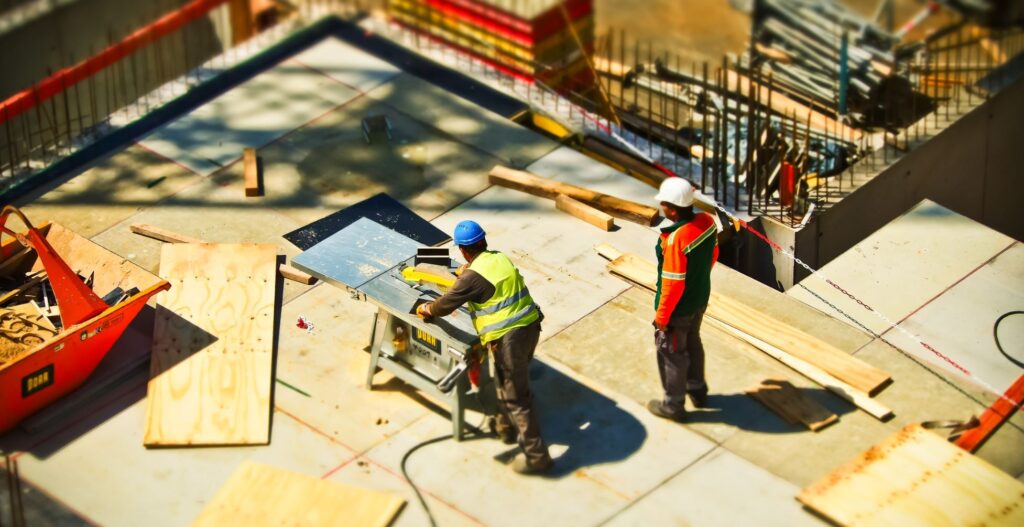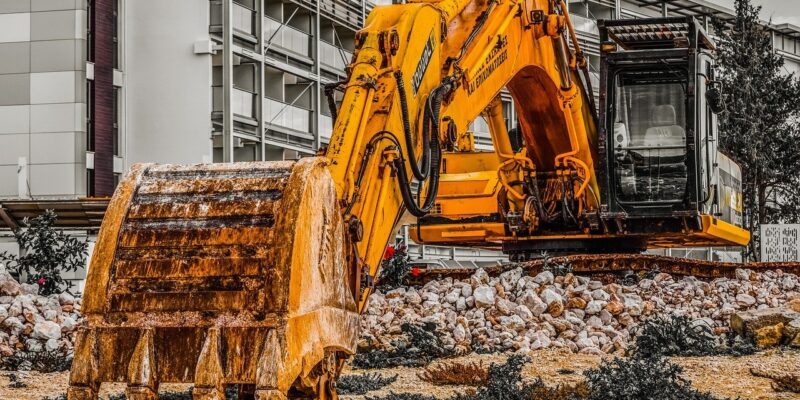Choosing the right equipment for your job is no small feat. If you identify the right fit for your project, you’ll maximize efficiency, safety, performance, and revenue. Cutting costs with a smaller machine could hurt your productivity, require more parts, and be a waste of money if the machine proves to be ineffective. Buying too big, though, may create unnecessary expenses, difficulty operating, potential safety hazards, and inability to work in smaller spaces.
Consider these 4 areas before deciding on your heavy equipment:
1. Work Type & Scope
Of course, the first place to start is considering what needs to be done. What type of work will your heavy equipment perform? Hauling, demolishing, digging, grading, landscaping? How long will the job take and how many different functions are required?
Whether buying or renting, longer or more complex projects require equipment that’s multi-functional, with versatility in different situations, tight spaces, or job needs. Compact or modern equipment is designed to be more effective at smaller sizes, so it’s worthwhile to consider the latest heavy equipment technology and how it applies to your project. Below are some examples:
- Modern skid steers offer versatility and maneuverability.
- Some compact excavators have side-to-side boom, allowing offset digging
- The new Cat D9 bulldozer lowers maintenance costs
2. Ease of Operators
In addition to the scope of work, you have to consider your operators. Equipment should be straightforward and safe to use. If you have your own operators, make sure they’re knowledgeable and comfortable operating the equipment you selected – otherwise you could have accidents, injuries, or disgruntled employees to deal with. With bigger or more diverse projects, consider hiring specialized operators who can ensure the job is done effectively and safely. Last but not least, consider the weather your operators are working in. Upstate New York in February? That enclosed cab is looking pretty good!

3. Built to Last & Easy to Maintain
The third aspect of equipment selection is considering the manufacture and available parts of your machine. Where was the machine made? International brands may have to ship parts from overseas, delaying your work. If your machine is too highly technical or modern, it may require a specialist to repair. Consider your repair plan and pick higher quality machines so you’ll be prepared for the inevitable project obstacles.
4. Benefits of Renting
The final consideration when choosing your job’s heavy equipment is deciding to buy or rent. Of course, buying is a large investment and risk. It may be worth it if you know exactly what you need and have the available capital to invest in long-term ownership. For most growing companies, however, renting presents several benefits with a fraction of the risk. Renting new or used equipment…
- Offers a wider range of equipment and operators, ensuring the perfect fit for any project
- Accesses expert recommendations and equipment sourcing
- Lowers the project cost, even with bigger or more modern machinery
- Eliminates maintenance, parts, or specialist concerns
- Gets your equipment delivered to your job site when you need it
Whether renting or buying, if you take into account these 4 important considerations, you’ll be in a great position to maintain productivity, safety, and income on your next project.
Steadfast Entities is passionate about heavy equipment that’s right for any job. For expert recommendations, operator staffing, or a wide range of heavy equipment rental, email us today at info@steadfastentities.com!


